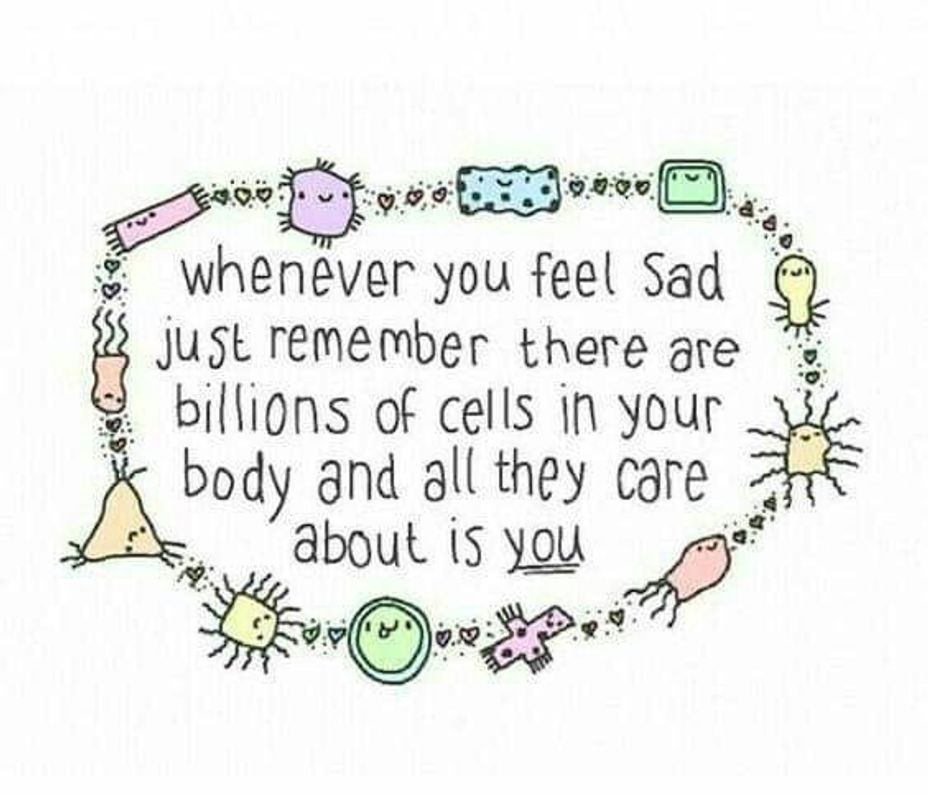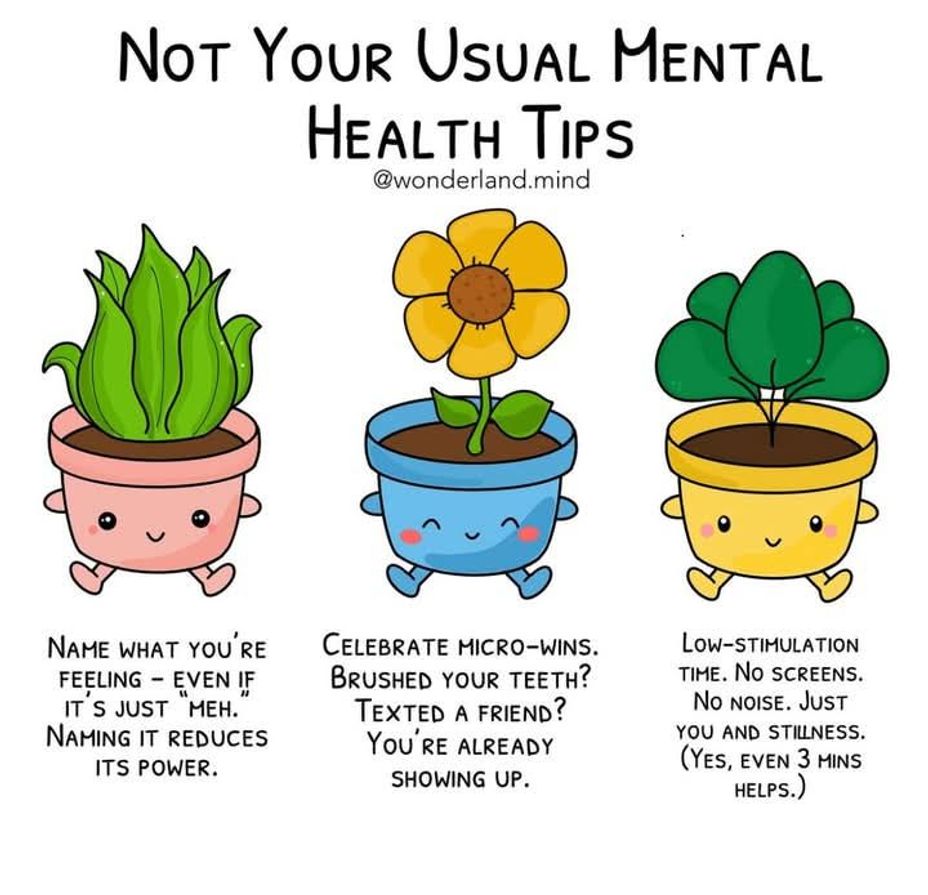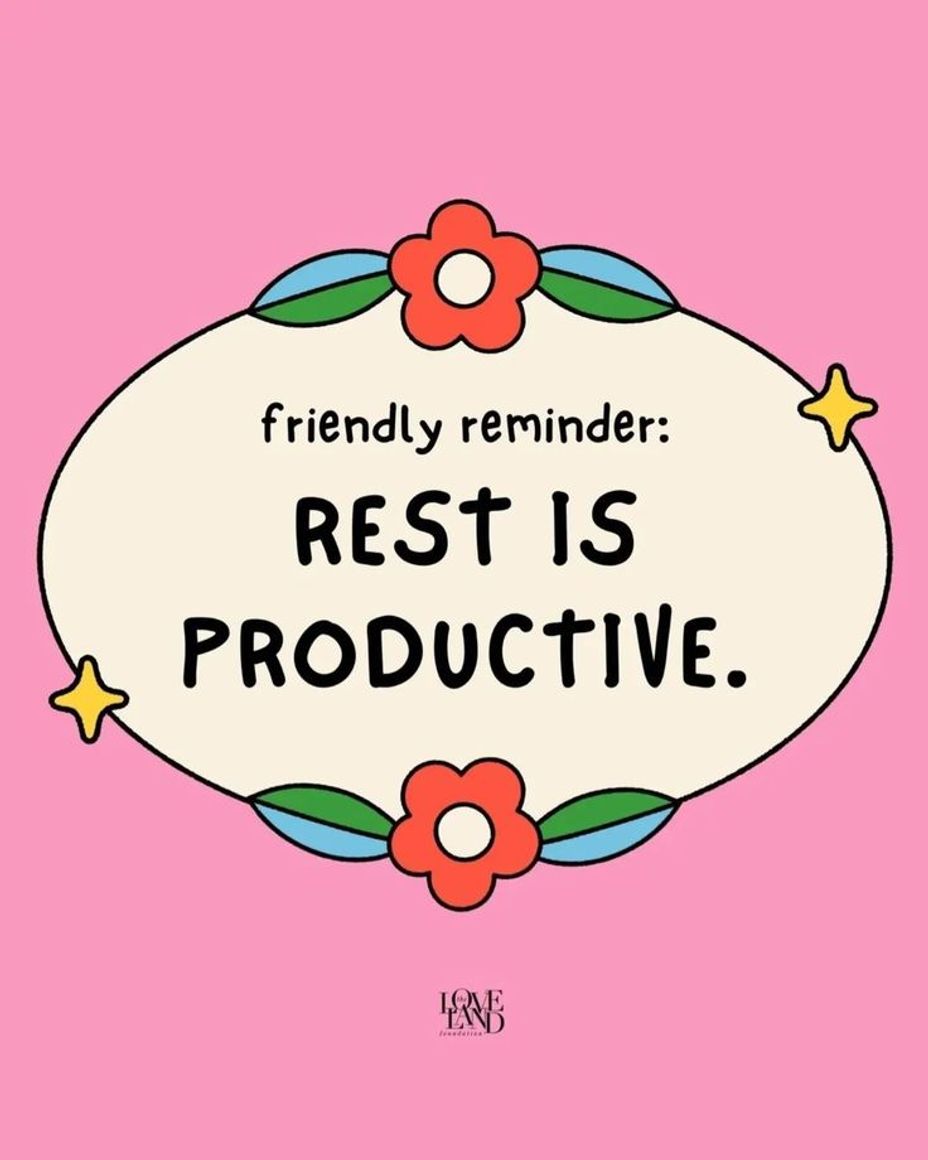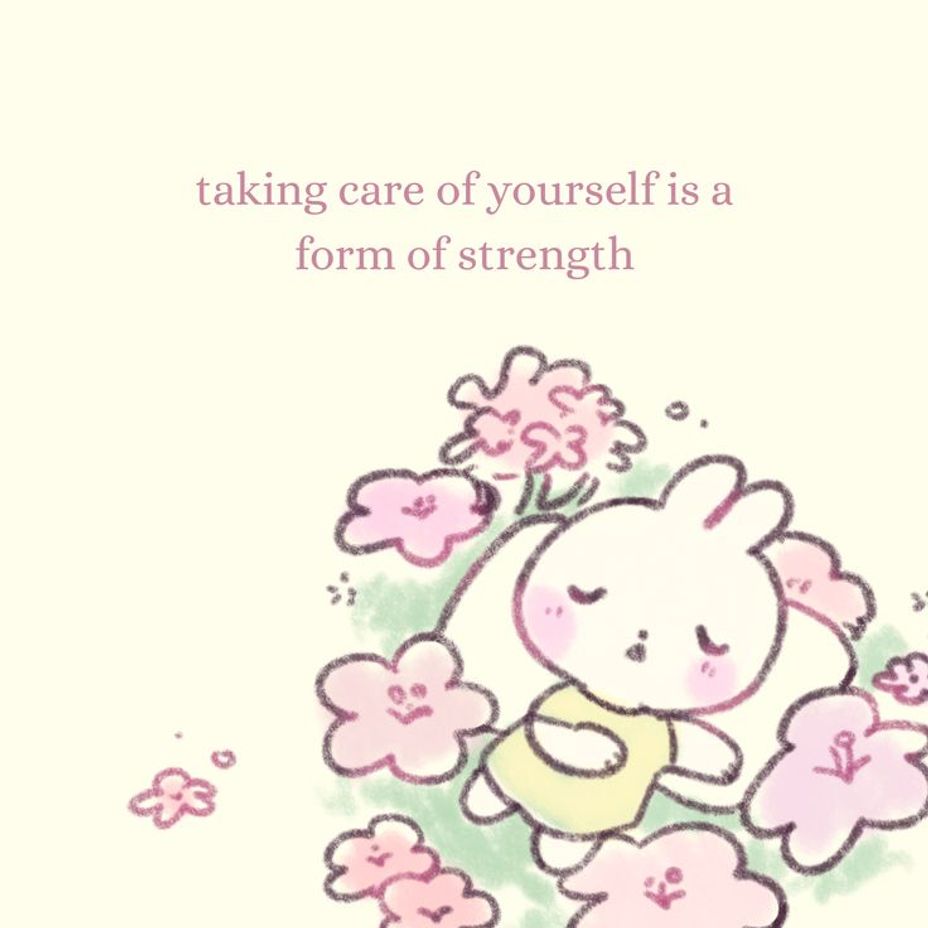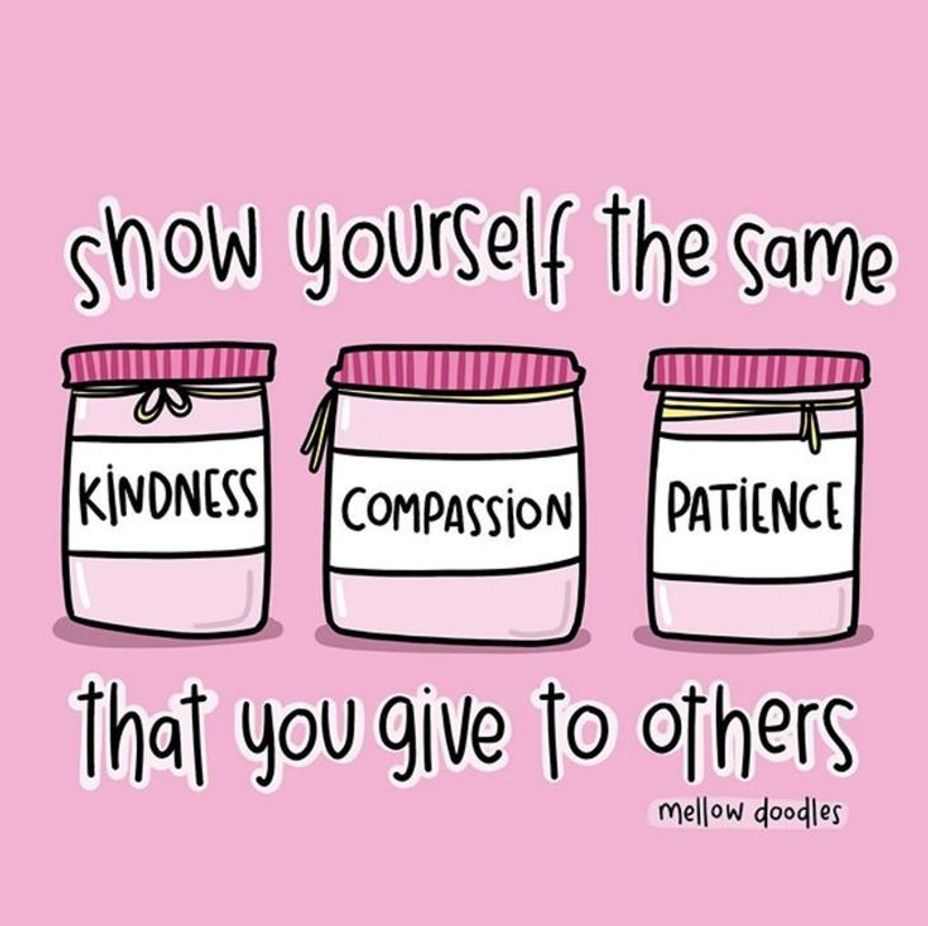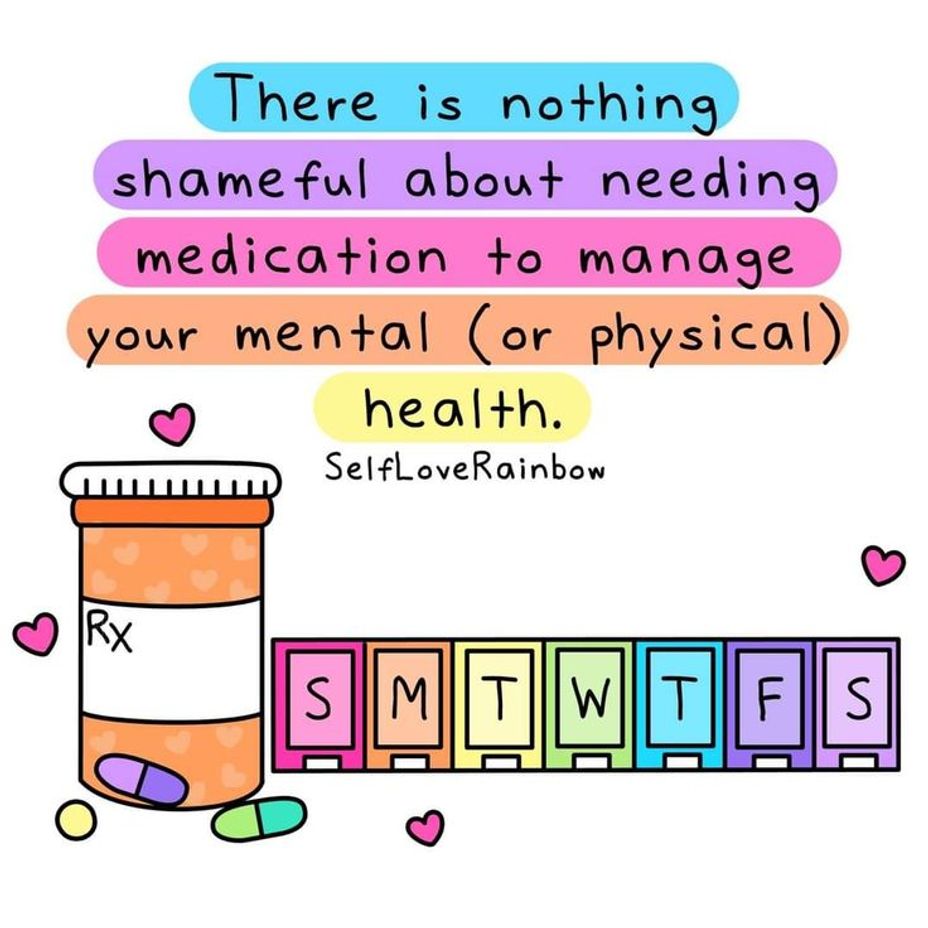Friendly Reminder 248
Saw this on Pinterest and thought it would be good to share here. #neurodivergent #neurodiverse #Neurodiversity #NeurodevelopmentalDisorders #IntellectualDisability #IntellectualDisabilities #LearningDisability #LearningDisabilities #Disability #ADHD #audhd #Autism #AutismSpectrumDisorder #AspergersSyndrome #Aspergers #SensoryProcessingDisorder #Anxiety #Depression #ObsessiveCompulsiveDisorder #MentalHealth #Spoonie #MightyTogether #CheckInWithMe #DistractMe #Dyslexia #Dyscalculia #Dysgraphia #Dyspraxia #TouretteSyndrome #Hyperlexia #RejectionSensitiveDysphoria #RSD
